
Commentaries | Jun 15,2024
Jun 17 , 2023
By Eden Sahle
I decided to choose the platforms where I keep up with the current state of affairs six years ago out of a mere concern for my mental well-being.
Instead, I opted to research articles, authentic documentaries, long-form interviews and podcasts where the person of interest has time to explain themselves and get into the nuance of their positions.
I learned to source information from reputable institutions that adhered to standards with well-researched and balanced views. Through the process of being selective, I was able to gain a deeper understanding and a clearer perspective on current events. Learning to contextualise news within historical and country-specific contexts has helped me avoid being swayed by sensational headlines.
I have become level-headed and calm as a result. By adopting certain habits to enhance my experience and steer clear of biased information, I have felt more hopeful about situations, and my mental well-being has improved significantly.
Research has shown that individuals who repeatedly watch and listen to catastrophic events on television and radio can experience trauma, even if they are not directly affected by the event.
It was interesting to learn that many individuals have made the same choice to protect themselves and their children, that may be exposed to negative language and sensationalised content.
We are often reminded of the hyperventilation of the era and the lack of diversity in thought. Those who are silently working for the betterment of society never make it to the news, while the overwhelming traumatising issues are hyped up.
Failing to connect with the audience and making us feel excluded from the narrative we are witnessing creates a sense of intimidation and detachment. The generalised approach promotes enmity and fear instead of fostering a sense of inclusion.
In an era of rampant misinformation, it is crucial to exercise caution and discernment in our beliefs. With overwhelming information available, it is important to remember that quantity does not equate to quality. Blindly accepting everything we hear will land us in trouble, and it is vital to examine our sources.
It is possible that the issue stems from the Dunning-Kruger effect, where individuals who lack knowledge are often more confident in their understanding. In contrast, those with extensive knowledge tend to have more doubts and continue to seek further information. As we invest more time in comprehending a particular subject, we become increasingly aware of the vast amount of information we have yet to grasp.
I was afraid of falling behind the rest of society when I first cut out several information outlets. To my surprise, I was neither left out of conversations nor missed out on what was happening in the country. In fact, I was more informed by acquiring well-balanced information with proper historical and country contexts.
To avoid being caught off guard by misinformation, it is important to scrutinise information. High-value content is available if one does their own research. Unfortunately, in Ethiopia, access to such content is limited.
Producing it requires extensive research, expertise, and fact-checking rather than simply reporting on hearsay. It involves providing historical context and considering various perspectives on an issue instead of presenting partisan views.
PUBLISHED ON
Jun 17,2023 [ VOL
24 , NO
1207]

Commentaries | Jun 15,2024

Commentaries | Feb 19,2022

Fortune News | Feb 05,2022

Commentaries | Sep 27,2020
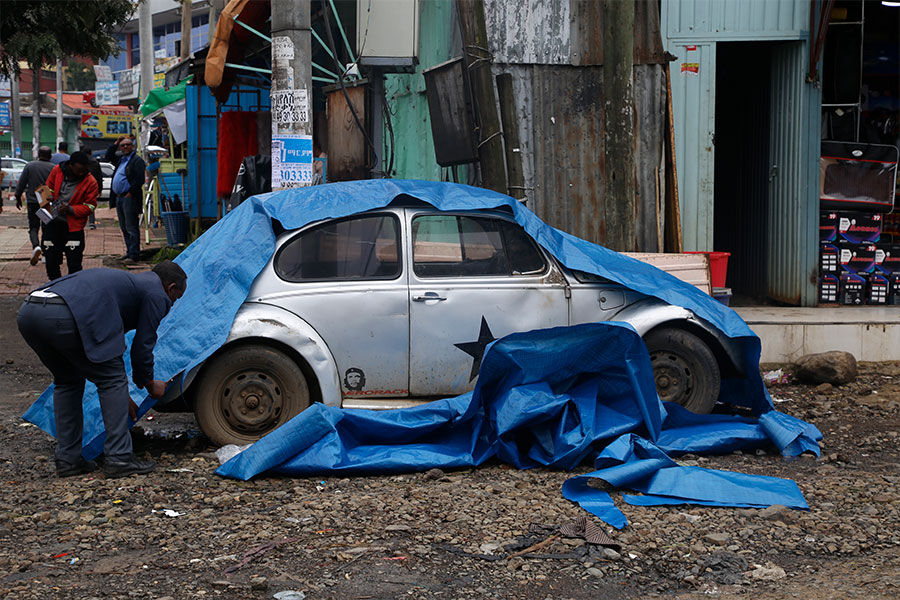
Radar | Sep 18,2021

Commentaries | Feb 12,2022
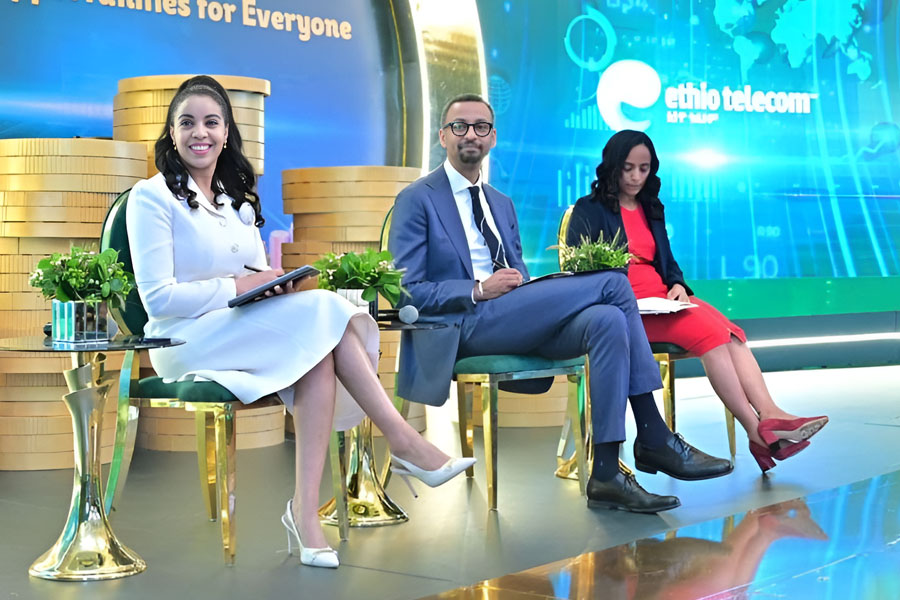
News Analysis | Oct 20,2024
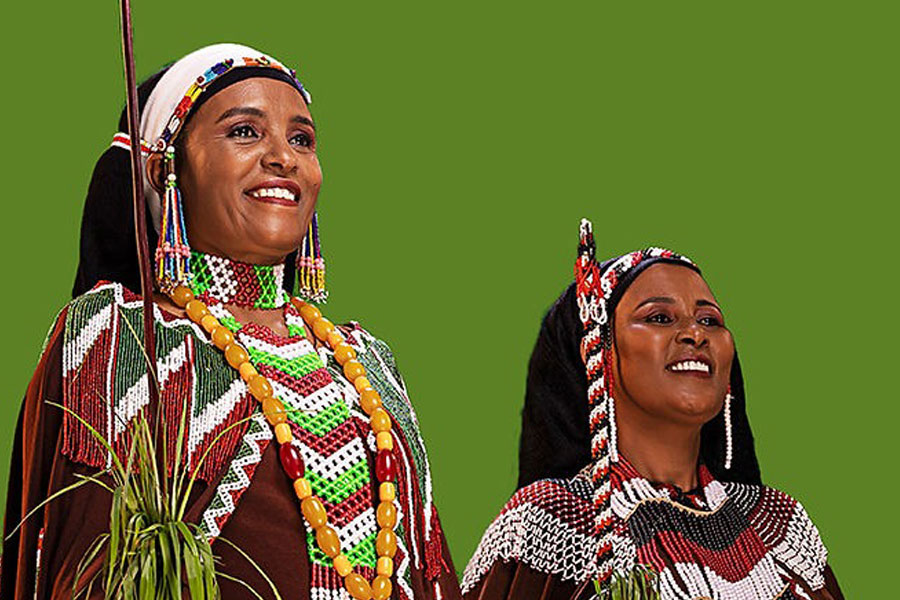
Featured | Jan 07,2024

Commentaries | Oct 16,2024

Commentaries | Nov 16,2019

Photo Gallery | 156567 Views | May 06,2019

Photo Gallery | 146851 Views | Apr 26,2019

Photo Gallery | 135392 Views | Oct 06,2021

My Opinion | 135253 Views | Aug 14,2021

Dec 22 , 2024 . By TIZITA SHEWAFERAW
Charged with transforming colossal state-owned enterprises into modern and competitiv...

Aug 18 , 2024 . By AKSAH ITALO
Although predictable Yonas Zerihun's job in the ride-hailing service is not immune to...

Jul 28 , 2024 . By TIZITA SHEWAFERAW
Unhabitual, perhaps too many, Samuel Gebreyohannes, 38, used to occasionally enjoy a couple of beers at breakfast. However, he recently swit...

Jul 13 , 2024 . By AKSAH ITALO
Investors who rely on tractors, trucks, and field vehicles for commuting, transporting commodities, and f...

Sep 13 , 2025
At its launch in Nairobi two years ago, the Africa Climate Summit was billed as the f...

Sep 6 , 2025
The dawn of a new year is more than a simple turning of the calendar. It is a moment...

Aug 30 , 2025
For Germans, Otto von Bismarck is first remembered as the architect of a unified nati...

Aug 23 , 2025
Banks have a new obsession. After decades chasing deposits and, more recently, digita...
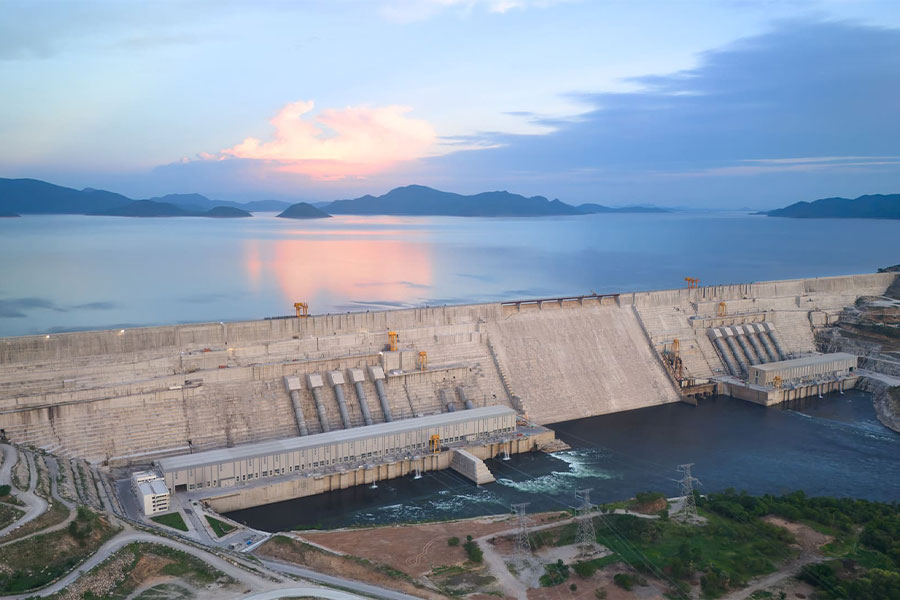
Sep 15 , 2025 . By AMANUEL BEKELE
The Grand Ethiopian Renaissance Dam (GERD), Africa's largest hydroelectric power proj...
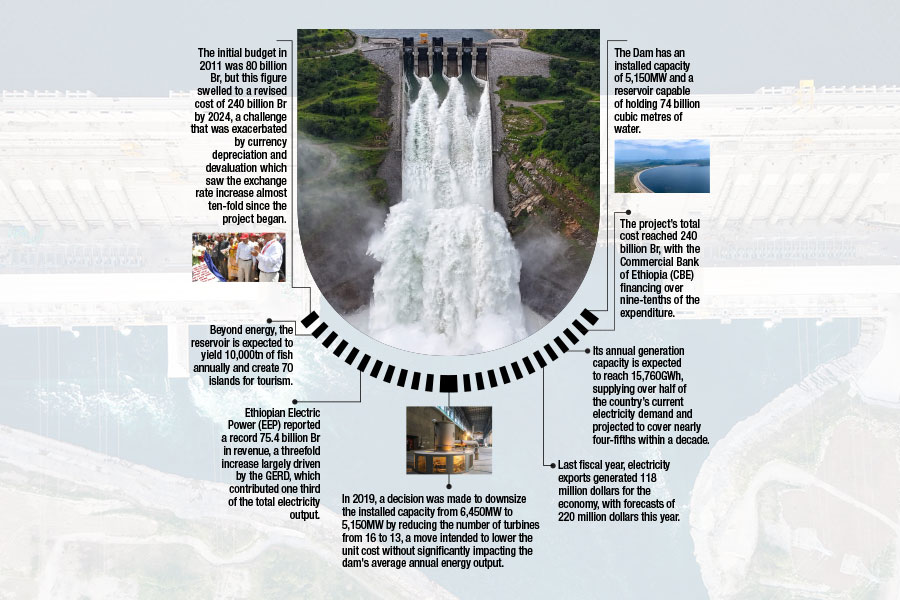
Sep 13 , 2025
The initial budget in 2011 was 80 billion Br, but this figure swelled to a revised cost of 240 billion Br by 2024, a challenge that was exac...

Banks are facing growing pressure to make sustainability central to their operations as regulators and in...

Sep 15 , 2025 . By YITBAREK GETACHEW
The Addis Abeba City Cabinet has enacted a landmark reform to its long-contentious setback regulations, a...